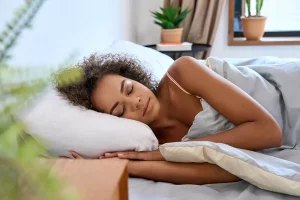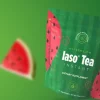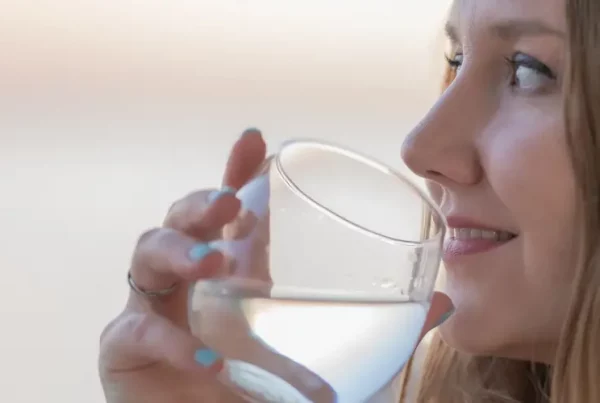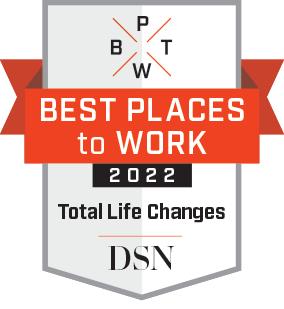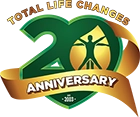Putting Some Common Sleep Myths to Bed
We have something important to tell you. Are you sitting down? Or better yet, maybe you should lie down for this one…
You Need to Get a Good Night’s Sleep
And when we say that, we’re talking about both quality and duration. This matters. The National Institute of Health (NIH) says, “…sleep is as important for good health as diet and exercise” (News In Health, 2021). When you sleep, you are giving your body a chance to conduct repairs and prepare your brain to learn, remember, and be creative (News In Health, 2021, What Happens During Sleep?, n.d.). Sleep helps you prepare to navigate your day effectively.
In fact, Dr. Merril Mitler, a sleep expert and neuroscientist at NIH said it like this: “Sleep services all aspects of our body in one way or another: molecular, energy balance, as well as intellectual function, alertness, and mood” (National Institute of Health, 2018).
That’s pretty important.
There Are Consequences to Not Getting Enough Sleep
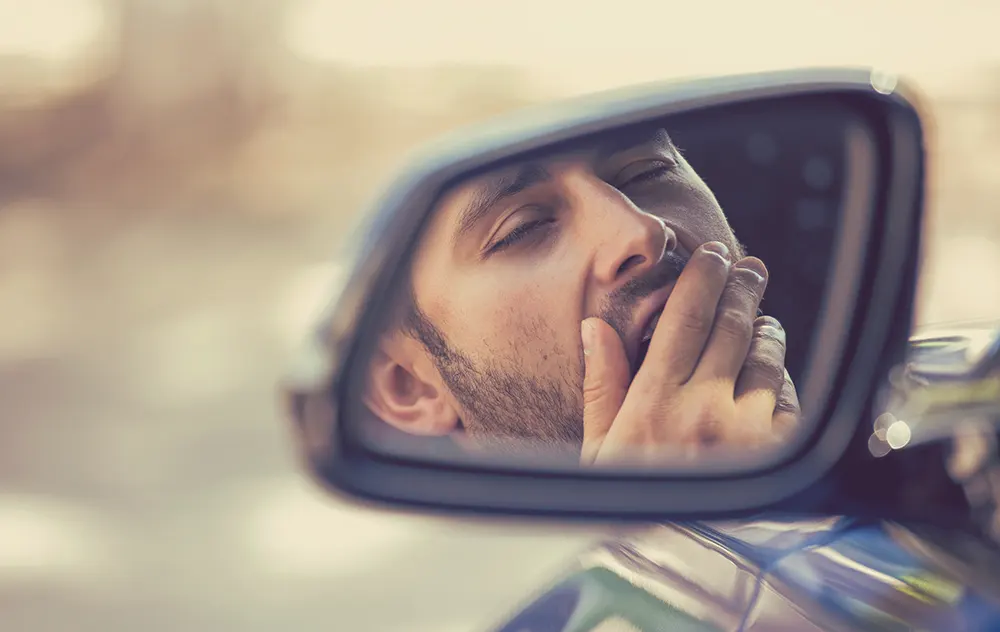 According to The Cleveland Clinic (2015), long-term sleep deprivation has been linked to some serious health problems, but even short-term deprivation can cause the following:
According to The Cleveland Clinic (2015), long-term sleep deprivation has been linked to some serious health problems, but even short-term deprivation can cause the following:
- A lack of alertness
- Memory impairment
- Irritability
- Increased risk of a car accident
- And more
Plus, Exhaustion Just Isn’t a Good Look
 Are you tired but still trying to look your best? Bad news: Your body is working against you.
Are you tired but still trying to look your best? Bad news: Your body is working against you.
Sleep deprivation has been shown to add wrinkles to your skin and dark circles under your eyes (Cleveland Clinic, 2015). Even one day of sleep deprivation has been shown to have a significant impact on skin hydration, gloss, elasticity, and aggravated wrinkling (Jang et al., 2020).
If you want to look your best, be sure to get some rest.
Now that we’ve talked a little about the importance of sleep, let’s shine a (night) light on a few sleep myths and offer up some tips to help you catch more “Zs!”
Myth #1: Naps Can Replace a Good Night’s Sleep
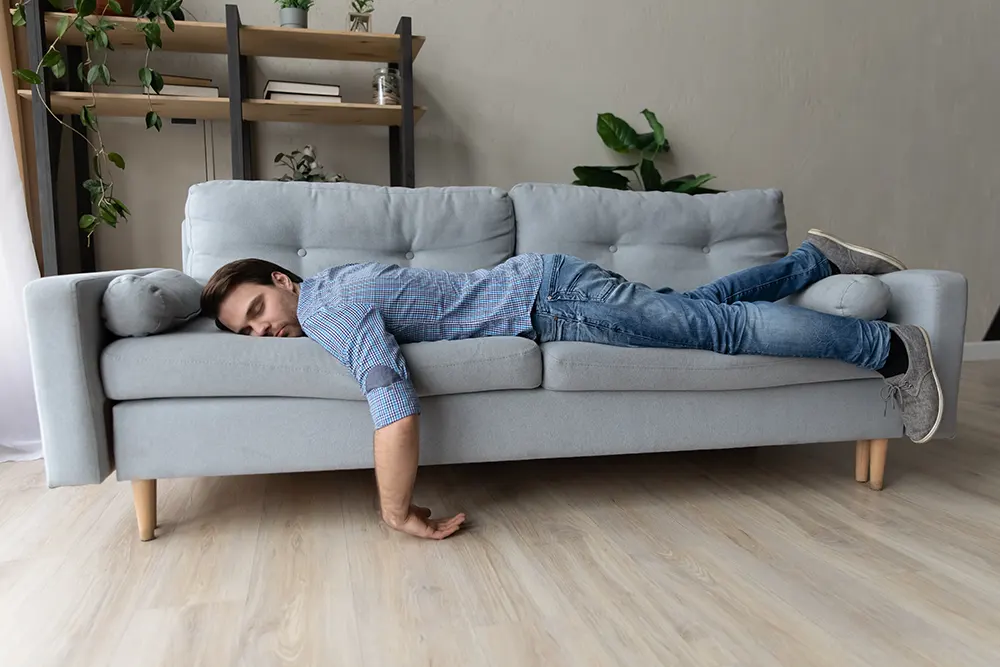 This simply isn’t true. Naps, which are short bouts of rest, don’t afford enough time to replace a good night’s sleep, which is seven or more hours.
This simply isn’t true. Naps, which are short bouts of rest, don’t afford enough time to replace a good night’s sleep, which is seven or more hours.
When we sleep, we go through four to five sleep cycles of alternating deep sleep and rapid eye movement (REM) sleep (National Institute of Health, 2018). These cycles not only help our mind and body rest, but they also help us learn information and form memories (What Happens During Sleep?, n.d.).
REM sleep in particular stimulates regions of the brain used for learning. According to the National Institute of Health, “Studies have shown that when people are deprived of REM sleep, they are not able to remember what they were taught before going to sleep” (What Happens During Sleep?, n.d.).
Restful sleep matters, and while naps are not a substitute for it, they do have their place.
In fact, many scientists actually recommend a post-lunch nap to increase alertness, stimulate creativity, strengthen our memory, and improve our ability to handle complex tasks (Dutheil et al., 2021).
That’s good news for roughly one-third of Americans who enjoy a nap daily (Bilodeau, 2021). But since many people work through the daylight hours, and many Western countries tend to view taking naps at work as a waste of time or a sign of laziness (Dutheil et al., 2021), napping simply isn’t a luxury afforded to all.
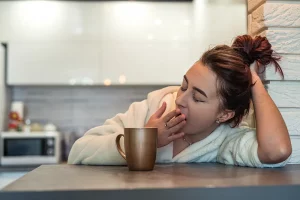
Naps aren’t for everyone.
Even if they have the time and capability, sleeping during the day can be difficult for some people. If a person suffers from insomnia or poor sleep quality at night, the Mayo Clinic notes that naps may worsen these problems (Mayo Clinic, 2018).
But if you do find yourself needing a nap…
The CDC claims the best time to take a nap is early in the morning, the middle of the afternoon, and during the night (Napping, an Important Fatigue Countermeasure | NIOSH | CDC, 2020).
In short, naps certainly have their place and benefits, but they are not a substitute for sleep.
Myth #2: It Doesn’t Matter When We Sleep
Actually, the time of day does matter. Research conducted on workers who work the night shift (those who work at night and sleep during the day) has shown that sleeping during the day can cause us to receive not only less sleep, but a lower quality of sleep than those who slept at night (Robbins et al., 2019).
Myth #3: You Need Less Sleep as You Age
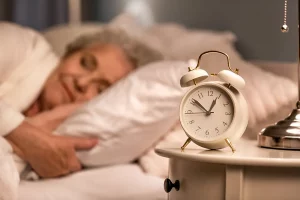 This is a misconception. According to the CDC, adults over 18 years of age require roughly seven or more hours per night, and this requirement does not decrease with age (CDC, 2017).
This is a misconception. According to the CDC, adults over 18 years of age require roughly seven or more hours per night, and this requirement does not decrease with age (CDC, 2017).
Some people may get less sleep and feel more tired as they get older, but this is not a normal part of aging (Miner & Kryger, 2017). When this happens it can be due to a variety of circumstances that may include sleep disorders, medication side effects, stress, disruptions to your circadian rhythm, and more (Miner & Kryger, 2017).
If you are an older adult who is struggling to get a full night’s rest, the CDC offers some tips (CDC, 2016) that may help, including the following:
- Increasing your physical activity during the day
- Avoiding large meals before bedtime
- Making sure your bedroom is quiet, dark, and comfortable
- And more
They also recommend getting diagnosed and treated for any sleep disorder that you may have (CDC, 2017).
If you find that you are getting less sleep than you did when you were younger, it is important to root out and address the reason why so you can get the sleep you need.
Conclusion
Getting an adequate amount of restful sleep is important. For adults, that means getting at least seven hours of sleep or more (CDC, 2017), and this does not change as you get older.
The best time to sleep is at night, and a nap is not a substitute for good sleep. While naps can help keep you refreshed, they don’t allow your body to get through the same important cycles that actual sleep does. Your body uses sleep to repair itself (News In Health, 2021), so it is important to get a good night’s rest.
Moreover, if you are working on your New Year’s resolutions or participating in a health and wellness program like The 15 Day Challenge, you will want to be aware that poor sleep could be working against you, contributing to weight gain (News In Health, 2021) and a lack of energy. Be sure to prioritize a good night’s rest.
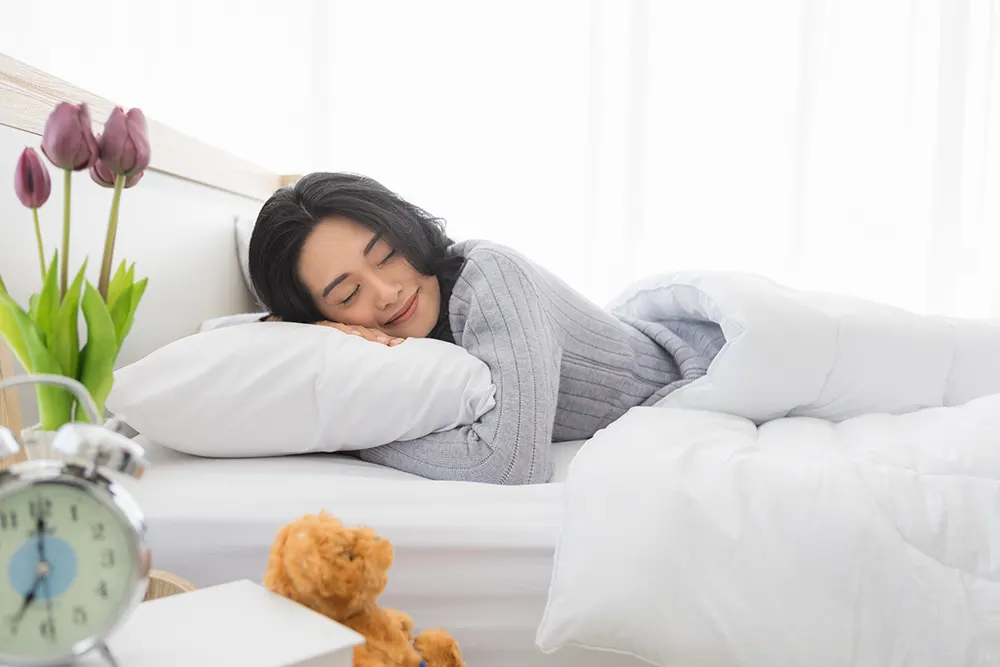
Tips for the Restless
Are you struggling to get good sleep? Here are a few tips from the NIH that you can try (News in Health, 2021):
- Be Consistent
Go to bed and wake up at the same time every day (yes, even on weekends). - Exercise
Daily exercise may help, but not close to bedtime. - Avoid Nicotine and Caffeine
These stimulants can help keep you awake. The effects of caffeine can take 6–8 hours to wear off. - Avoid Naps After Mid-Afternoon
And try to keep your naps short. - Don’t Lie in Bed Awake.
If you don’t fall asleep after 20 minutes, try getting up for a relaxing activity until you feel tired again.
For the full list, please visit this article.
Now, don’t take this news lying down… or well, actually, do that… and make a commitment not to rest until you get a good night’s sleep! 😉
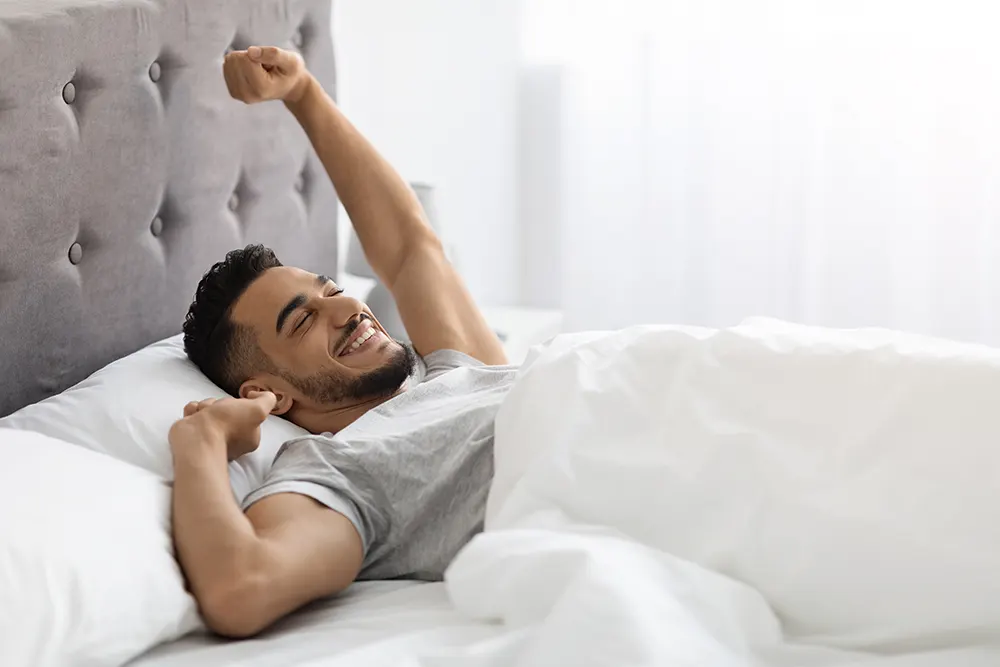
By Gary Path, Sr. Creative Content Writer
References
Bilodeau, K. (2021, June 1). Is your daily nap doing more harm than good? Harvard Health. https://www.health.harvard.edu/staying-healthy/is-your-daily-nap-doing-more-harm-than-good
CDC. (2016). CDC – Sleep Hygiene Tips – Sleep and Sleep Disorders. Centers for Disease Control and Prevention. https://www.cdc.gov/sleep/about_sleep/sleep_hygiene.html
CDC. (2017). CDC – How Much Sleep Do I Need? – Sleep and Sleep Disorders. CDC. https://www.cdc.gov/sleep/about_sleep/how_much_sleep.html
Cleveland Clinic. (2015, September 18). What Happens to Your Body When You Don’t Get Enough Sleep. Health Essentials from Cleveland Clinic; Health Essentials from Cleveland Clinic. https://health.clevelandclinic.org/happens-body-dont-get-enough-sleep/
Dutheil, F., Danini, B., Bagheri, R., Fantini, M. L., Pereira, B., Moustafa, F., Trousselard, M., & Navel, V. (2021). Effects of a Short Daytime Nap on the Cognitive Performance: A Systematic Review and Meta-Analysis. International Journal of Environmental Research and Public Health, 18(19), 10212. https://doi.org/10.3390/ijerph181910212
Jang, S. I., Lee, M., Han, J., Kim, J., Kim, A. R., An, J. S., Park, J. O., Kim, B. J., & Kim, E. (2020). A study of skin characteristics with long-term sleep restriction in Korean women in their 40s. Skin Research and Technology: Official Journal of International Society for Bioengineering and the Skin (ISBS) [And] International Society for Digital Imaging of Skin (ISDIS) [And] International Society for Skin Imaging (ISSI), 26(2), 193–199. https://doi.org/10.1111/srt.12797
Mayo Clinic. (2018). How to get a great nap. Mayo Clinic. https://www.mayoclinic.org/healthy-lifestyle/adult-health/in-depth/napping/art-20048319
Miner, B., & Kryger, M. H. (2017). Sleep in the Aging Population. Sleep Medicine Clinics, 12(1), 31–38. https://doi.org/10.1016/j.jsmc.2016.10.008
Napping, an Important Fatigue Countermeasure | NIOSH | CDC. (2020, April 1). Www.cdc.gov. https://www.cdc.gov/niosh/emres/longhourstraining/napping.html
National Institute of Health. (2018, April 4). The benefits of slumber. NIH News in Health. https://newsinhealth.nih.gov/2013/04/benefits-slumber
News In Health. (2021, March 29). Good Sleep for Good Health. NIH News in Health. https://newsinhealth.nih.gov/2021/04/good-sleep-good-health
Robbins, R., Grandner, M. A., Buxton, O. M., Hale, L., Buysse, D. J., Knutson, K. L., Patel, S. R., Troxel, W. M., Youngstedt, S. D., Czeisler, C. A., & Jean-Louis, G. (2019). Sleep myths: an expert-led study to identify false beliefs about sleep that impinge upon population sleep health practices. Sleep Health, 5(4), 409–417. https://doi.org/10.1016/j.sleh.2019.02.002
Scrap the nap: Study shows short naps don’t relieve sleep deprivation. (n.d.). MSUToday | Michigan State University. Retrieved January 4, 2023, from https://msutoday.msu.edu/news/2021/napping-effectiveness
What happens during sleep? (n.d.). Https://Www.nichd.nih.gov/. https://www.nichd.nih.gov/health/topics/sleep/conditioninfo/what-happens




